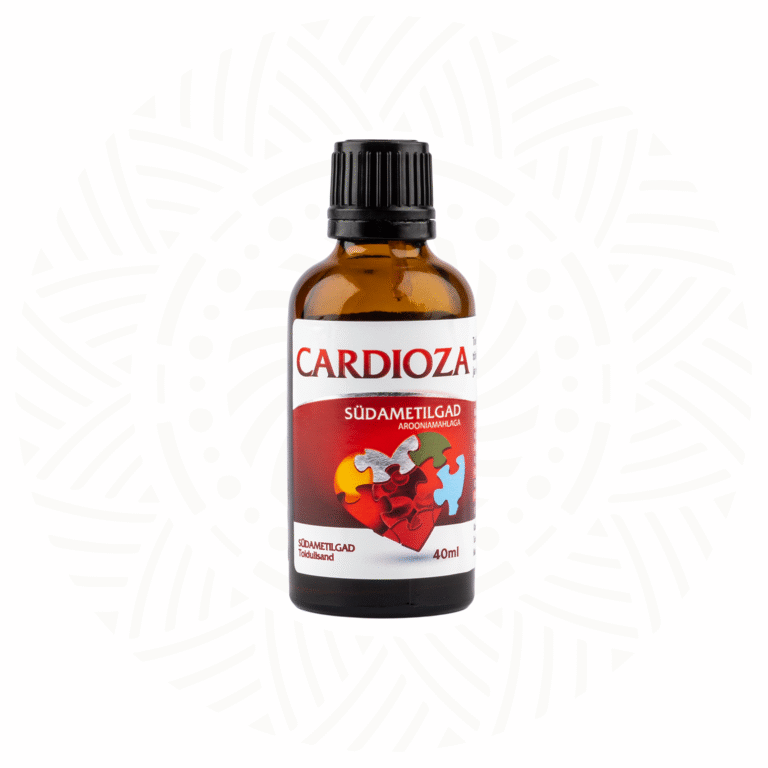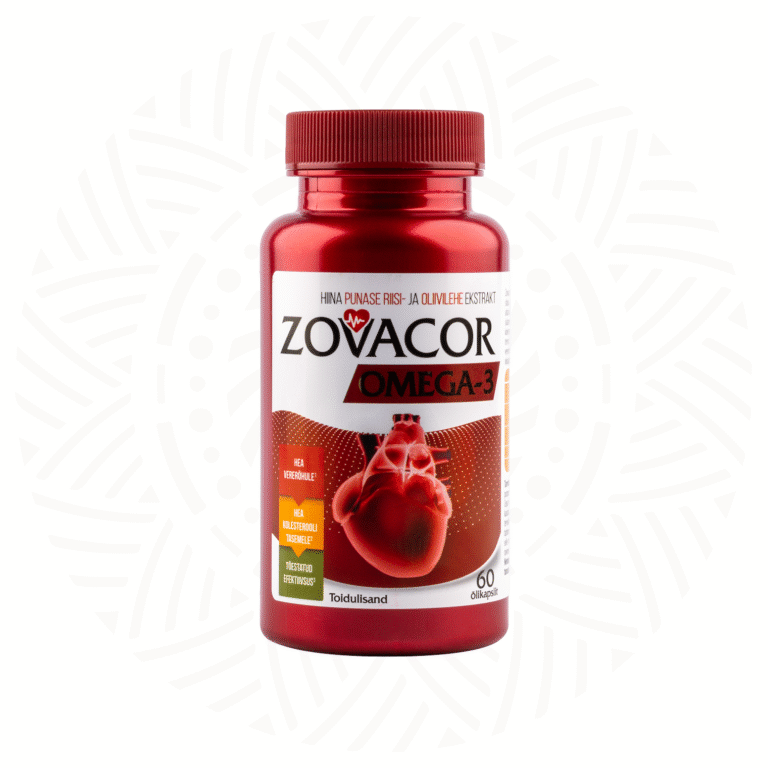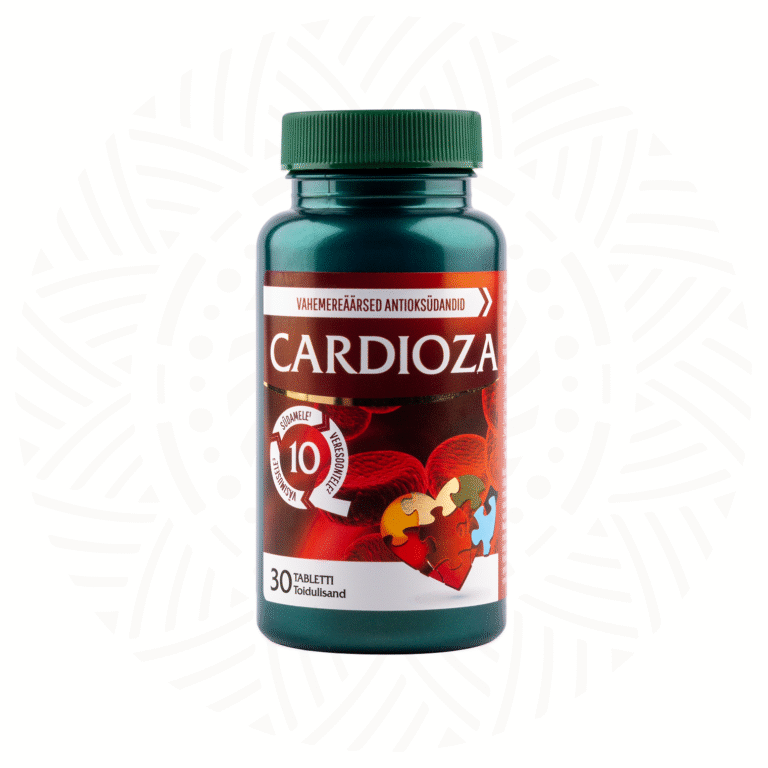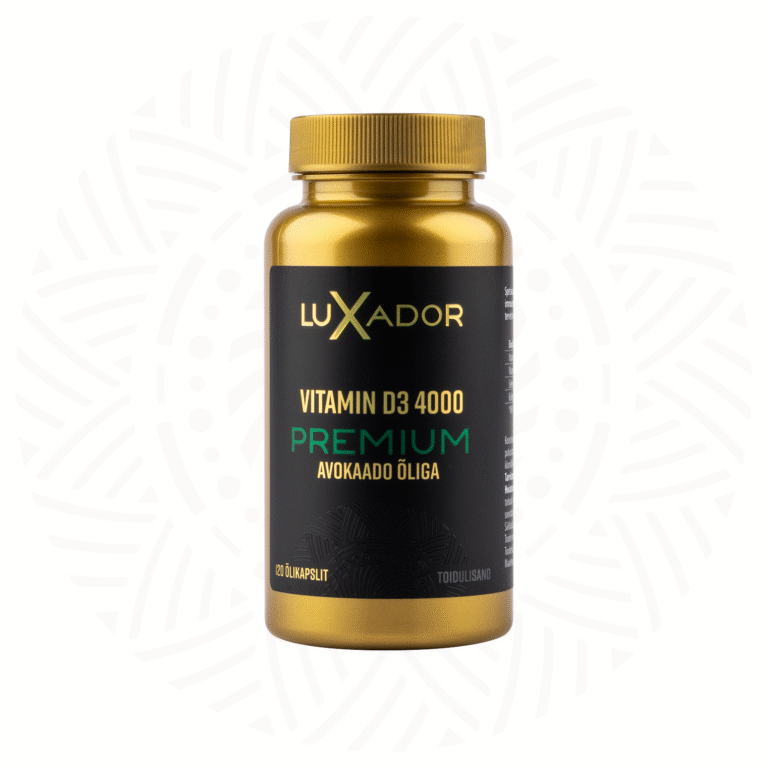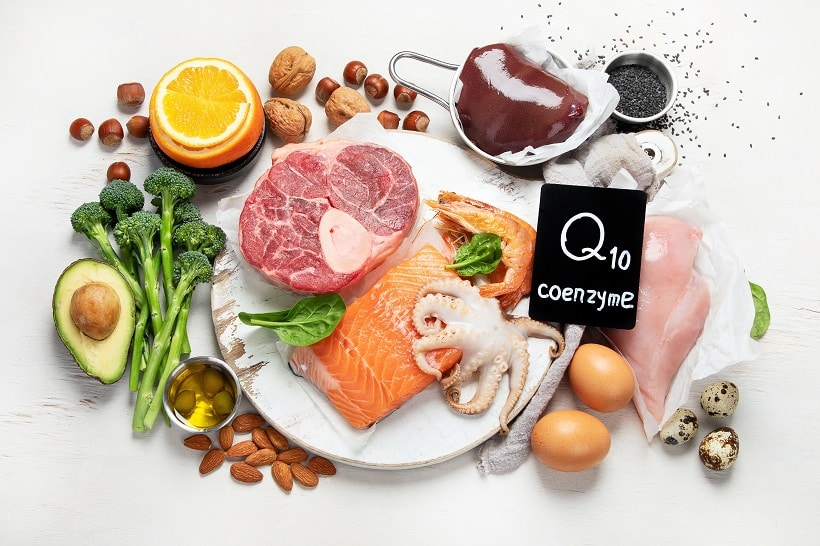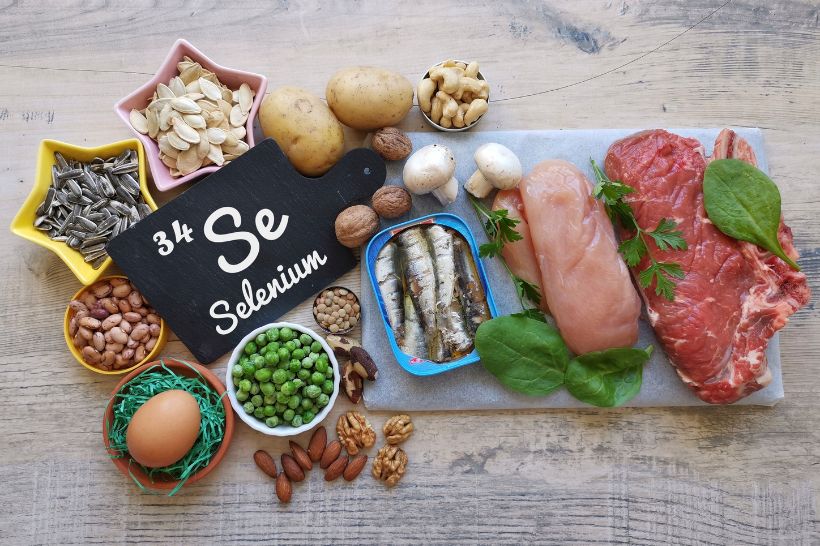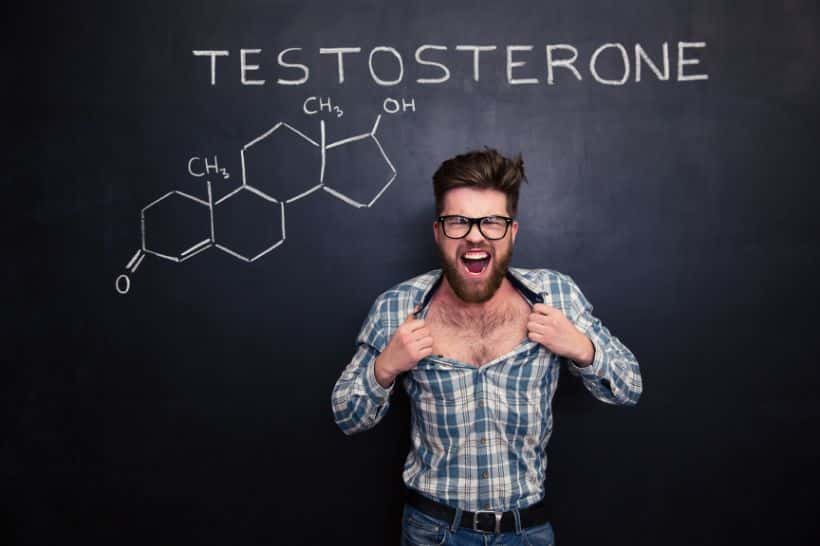Did you know that coenzyme Q10 is not just an anti-aging fighter but also supports the entire body? This natural antioxidant strengthens resistance to stress and diseases and is essential for heart and cardiovascular health. Although our body can produce coenzyme Q10 on its own, its production starts to decline from the age of 20.
Below, you will learn how to take Q10 supplements to maximize their benefits for your health.
Why does the level of coenzyme Q10 in the body decrease?
A young person’s body produces Q10 only if the liver is healthy and the body has enough B-group vitamins. The synthesis level of coenzyme Q10 is highest at the age of 20, but it decreases with aging. By the age of 60, the body can produce only 40% of the required Q10 amount. However, there are several other factors besides age that can cause Q10 deficiency in the body:
Diseases:
- Heart diseases
- Muscle diseases
- Hypertension
- Small intestine diseases
- Liver diseases
- Chronic alcoholism
Medications:
- Cholesterol-lowering drugs (statins)
- Beta-blockers
- Antidepressants
- Oral contraceptives
- Some antibiotics
Other factors:
- Low-fat diet
- B-vitamin deficiency
- Prolonged stress
- Excessive iron intake
What Are the Symptoms of Coenzyme Q10 Deficiency?
The symptoms of Q10 deficiency vary depending on a person’s age, health condition, and lifestyle. Signs of Q10 deficiency may include:
- Lack of energy
- Weakness
- Reduced endurance
- Immune system disorders
- Increased risk of cardiovascular diseases (atherosclerosis, arterial hardening)
- Nervous system disorders
- Accelerated aging
Who Should Consider Taking a Q10 Supplement?
- People taking statins – Statins, used to lower cholesterol levels, reduce Q10 levels in the body. Therefore, those using statins should pay special attention to Q10 supplementation.
- People over 40 – From the age of 20, Q10 levels in the body begin to decline. By the time you reach your forties, this becomes particularly noticeable, making Q10 supplementation an important part of your daily routine.
- Physically active individuals – Physical activity increases the body’s demand for Q10.
- People with weaker immune systems – Q10 helps the body fight infections and speeds up recovery.
- Those suffering from persistent fatigue – Q10 helps reduce fatigue and boost energy levels.
- People with small intestine diseases – These conditions reduce Q10 absorption, leading to a rapid deficiency.
- Individuals with B-vitamin deficiency – B-group vitamins are essential for Q10 synthesis. A lack of B vitamins leads to low Q10 levels in the body.
- For beauty and skin health – Q10 plays a crucial role in maintaining youthful skin health and appearance. It promotes collagen synthesis, offers UV protection, and reduces oxidative stress on the skin.
Q10 Daily Dosage and Intake
For adults, the standard daily dosage of Q10 supplements is 30–60 mg. This amount helps maintain optimal Q10 levels in the body and supports energy production. However, it is important to note that dosages below 30 mg may not be effective.
The therapeutic dosage of Q10 is considered to be 100–200 mg. This amount is used to correct Q10 deficiency and treat various health conditions. It is worth knowing that more than 100 mg of Q10 is not absorbed at once. Therefore, higher doses should be taken in divided doses with a few hours in between.
Consistently exceeding the recommended daily dose may cause side effects such as nausea, vomiting, heartburn, stomach discomfort, diarrhea, loss of appetite, skin itching, insomnia, headaches, drowsiness, fatigue, and increased sensitivity to light.
The effects of Q10 supplementation become noticeable after a few weeks of use. Regular intake is essential to maintain its benefits, especially for people in risk groups:
- Age 40+
- People taking statins
- Individuals with cardiovascular diseases
- People with diabetes
- Those with chronic fatigue syndrome
Does Food Contain Enough Q10?
From food, we can obtain a maximum of 10–20 mg of Q10. Absorbing Q10 from food is challenging because:
- The Q10 content in food is low. For example, to get 100 mg of Q10, you would need to eat 1.6 kg of sardines, 3 kg of beef, or 10 kg of broccoli.
- Heating above 50°C destroys the Q10 molecule. Thus, cooking significantly reduces the Q10 content in food.
How to Take Coenzyme Q10 Supplements?
When using Q10 supplements, it is important to follow these guidelines:
Timing of Intake:
- It is recommended to take Q10 with food, as this significantly improves its absorption.
- For digestive issues, Q10 can be taken between meals.
- Morning intake is particularly effective for boosting energy levels, as Q10 is first absorbed into the lymphatic system and then acts as an energy-producing antioxidant in the bloodstream. Therefore, taking Q10 in the evening is not recommended, as it may affect sleep quality.
Dosage:
- The standard daily dose of coenzyme Q10 for adults is 30–60 mg.
- The therapeutic dose ranges from 100–200 mg.
- More than 100 mg of Q10 is not absorbed at once, so for higher doses, it is advisable to take separate doses a few hours apart.
- Doses below 30 mg of Q10 may not have the desired effect.
- It is best to start with a lower dose and gradually increase it if necessary.
Choosing Q10:
- Prefer Q10 supplements that contain antioxidants to protect against oxidative stress.
- CoQ10 is available in both ubiquinol and ubiquinone forms. It is important to understand that the body can convert these forms as needed, so there is no significant difference in which form to choose.
Statins and Q10 – How to Reduce Statin Side Effects?
Deficiency caused by aging and statin use leads to several unpleasant health issues, including muscle pain and weakness, fatigue, digestive problems, and even heart muscle dysfunction. Therefore, statins can paradoxically increase the risk of heart problems, which they are meant to combat.
About 29% of statin users experience muscle pain, which is the main reason for discontinuing statin therapy. Statins block the biochemical pathway that produces not only cholesterol but also Q10. Therefore, it is recommended that statin users take a daily Q10 supplement to compensate for this deficiency and reduce unpleasant symptoms.
Effects of Statins:
- Block the activity of HMG-CoA reductase
- Reduce cholesterol production
- Reduce Q10 production by approximately 40%. With aging and accompanying diseases, Q10 levels drop even further.
Q10 Decrease During Statin Use:
- Occurs in all tissues
- Particularly in the liver, heart, and skeletal muscles. This leads to chronic fatigue and muscle pain.
Consequences of Q10 Deficiency:
- Worsening of cardiovascular diseases
- Muscle pain and weakness
- Fatigue
- Inflammation
Q10 Supplementation During Statin Therapy:
- Q10 is recommended to be taken regularly during statin therapy
- There should be at least a 2-hour gap between taking statins and Q10.
Q10 Supplementation After 40 – A Longer, More Energetic Life
Everyone wants to live a long and healthy life and is constantly looking for new ways to combat aging and extend longevity. By the time we reach our forties, the body’s energy production declines, and its ability to repair damage caused by free radicals becomes less effective. This leads to chronic fatigue, muscle weakness, memory decline, and other age-related symptoms.
Our body produces Q10 naturally, but its production slows significantly after the age of 40. By the time we reach our sixties, Q10 levels drop to only 10% of what they were at age 30. Therefore, it is advisable to take Q10 supplements daily from the age of 40, as the body no longer produces enough to meet its needs.
Benefits of Q10 Supplementation:
- Improves mitochondrial function
- Fights free radicals
- Reduces chronic fatigue and energy deficiency
- Supports memory and cognitive functions
- Promotes cardiovascular health
- Enhances physical performance
Take Q10 wisely and stay healthy!
